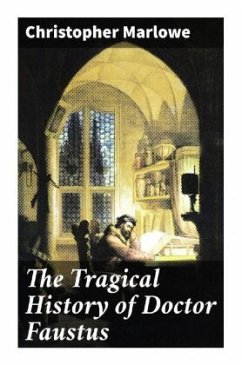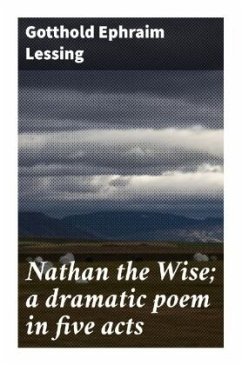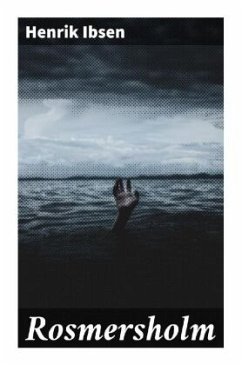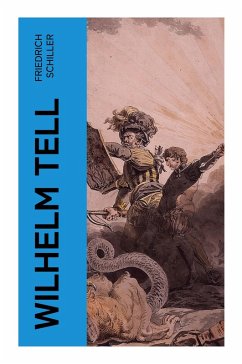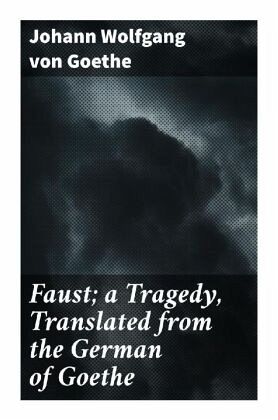
Faust; a Tragedy, Translated from the German of Goethe
Versandkostenfrei!
Versandfertig in 6-10 Tagen
8,99 €
inkl. MwSt.
Weitere Ausgaben:

PAYBACK Punkte
4 °P sammeln!
"Faust; a Tragedy, Translated from the German of Goethe" represents one of the pinnacles of Western literature, encapsulating the profound struggles of human existence through the character of Doctor Faust, who makes a pact with the Devil in a quest for ultimate knowledge and pleasure. Goethe's literary style interweaves poetic dialogue with dramatic action, employing rich symbolism and philosophical discourse that reflect the Enlightenment's quest for understanding. The work is set against the backdrop of German Romanticism, illustrating the tension between reason and emotion, the individual ...
"Faust; a Tragedy, Translated from the German of Goethe" represents one of the pinnacles of Western literature, encapsulating the profound struggles of human existence through the character of Doctor Faust, who makes a pact with the Devil in a quest for ultimate knowledge and pleasure. Goethe's literary style interweaves poetic dialogue with dramatic action, employing rich symbolism and philosophical discourse that reflect the Enlightenment's quest for understanding. The work is set against the backdrop of German Romanticism, illustrating the tension between reason and emotion, the individual and society, and the eternal quest for meaning in life. Johann Wolfgang von Goethe, a leading figure of German literature and the Enlightenment, drew upon his diverse experiences, including his study of law, his involvement in the arts, and his deep philosophical inquiries to create this monumental work. The genesis of "Faust" can be traced to Goethe's lifelong fascination with the themes ofambition, redemption, and the duality of human nature. It reflects a culmination of Goethe's thoughts on the human condition and his intricate exploration of morality and existential questions. This timeless tragedy is highly recommended for readers seeking a deep and thought-provoking exploration of ambition, desire, and the quest for meaning. Goethe's "Faust" not only challenges our understanding of good and evil but also invites readers to reflect upon their own choices and the consequences that follow. A must-read for anyone interested in the complexities of human emotion and intellect.




